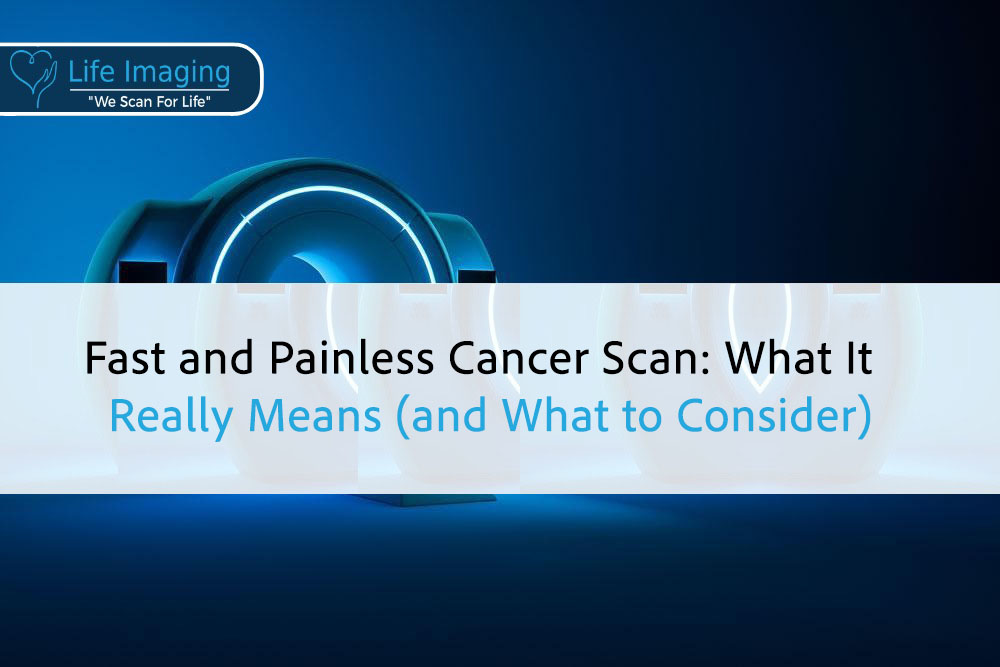
Fast and Painless Cancer Scan: What It Really Means (and What to Consider)
Fast and Painless Cancer Scan: What It Really Means (and
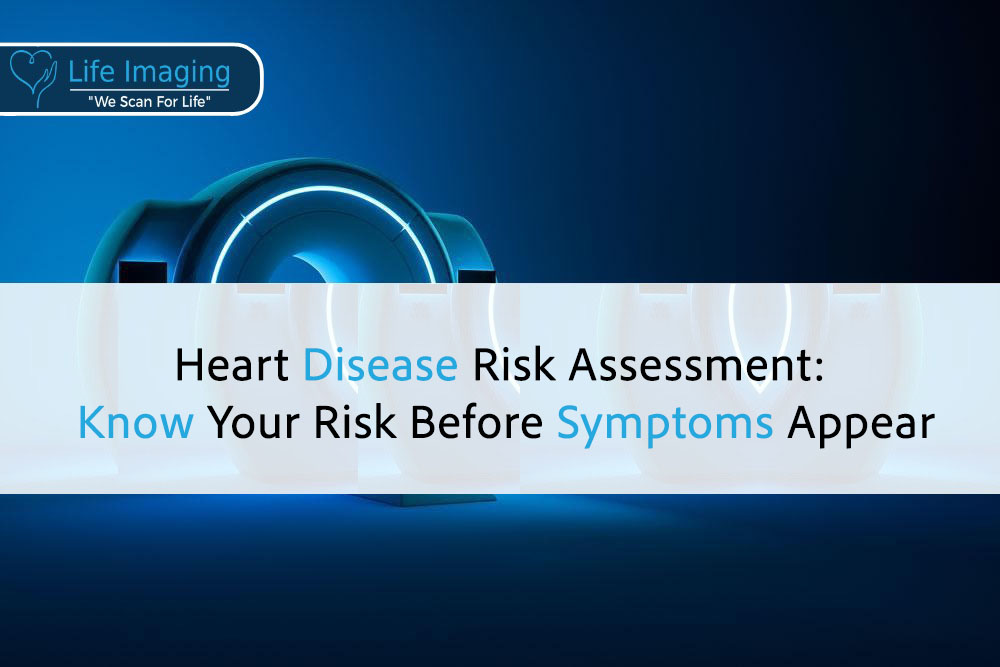
Introduction
Heart disease is the leading cause of death in the United States, but many people don’t realize they’re at risk until a major event occurs. For too many, the first warning sign of cardiovascular disease is a heart attack. The good news? Modern imaging makes it possible to measure your risk long before symptoms begin.
At Life Imaging Fla, we provide advanced heart disease risk assessments through calcium scoring heart tests and coronary artery scans. These quick, non-invasive tests give patients a clear understanding of their risk level—empowering them to take preventive action and protect their future health.
What Is a Heart Disease Risk Assessment?
A heart disease risk assessment is a preventive screening designed to evaluate your likelihood of developing coronary artery disease. At Life Imaging, this is done through a heart CT scan near me that measures calcium deposits in the coronary arteries.
Why calcium matters:
Calcium buildup = hardened plaque
Plaque narrows arteries and restricts blood flow
Higher calcium scores = higher risk of heart attack
This assessment provides more precise insight than blood tests or lifestyle evaluations alone.
How the Calcium Scoring Heart Test Works
Preparation – Patients lie on a CT table, and small electrodes are placed on the chest to monitor heart rhythm.
Imaging – A low dose CT scan captures detailed cross-sectional images of the heart.
Scoring – A radiologist calculates the calcium score.
Results – Patients receive a clear number that shows their level of heart disease risk.
The entire test usually takes less than 15 minutes, requires no sedation, and is completely non-invasive.
Understanding Calcium Scores
0 → No calcium detected, very low risk of heart disease
1–99 → Mild calcium buildup, early signs of risk
100–399 → Moderate buildup, elevated risk of coronary events
400+ → Extensive calcium, significant risk of heart attack
This score becomes your coronary health screening baseline—helping you and your doctor create a personalized prevention plan.
Who Should Get a Heart Disease Risk Assessment?
A heart disease risk assessment is valuable for everyone, but especially for:
Adults over 40
Seniors interested in preventive care scans for seniors
People with family history of heart disease
Smokers or former smokers
Patients with high blood pressure, diabetes, or high cholesterol
Anyone who wants early insight into their heart disease risk factors
Even if you feel perfectly healthy, silent plaque buildup can still be present.
Benefits of Heart Disease Risk Assessment
Early Detection
Catch problems before they lead to emergencies.
Personalized Prevention
Your calcium score helps guide diet, exercise, and medication plans.
Peace of Mind
Knowing your risk reduces uncertainty and anxiety.
Non-Invasive & Quick
A preventive CT scan is painless, requires no downtime, and takes only minutes.
Heart Disease Risk Assessment vs. Other Heart Tests
EKG: Detects electrical rhythm issues but not plaque buildup.
Stress Test: Measures performance during exercise but may miss silent risks.
Blood Tests: Identify cholesterol or diabetes risk but not artery calcification.
CT Calcium Scoring: Provides direct visualization of plaque buildup, making it one of the most accurate preventive tools available.
Why Choose Life Imaging for Heart Disease Risk Assessment?
At Life Imaging, we specialize in preventive imaging—not emergency diagnostics. This means:
Fast CT scan appointments without hospital delays
Same day imaging scans available at select locations
Low dose CT scan technology for safety and accuracy
A patient-first environment at a top-rated preventive imaging center
Our mission is simple: give patients control over their health before problems begin.
A Patient Story
A 57-year-old patient came to Life Imaging for a heart disease risk assessment after learning his father had a heart attack at age 60. He felt healthy, exercised regularly, and ate well. His scan, however, revealed a calcium score of 220, indicating moderate risk. With this information, his doctor prescribed preventive medication and lifestyle adjustments. Today, he’s living actively with his family—confident that he avoided a hidden danger.
Taking Action After Your Risk Assessment
Once you know your calcium score, your doctor may recommend:
Lifestyle changes like improved diet and exercise
Stress management techniques
Medications such as statins or blood pressure control
Regular follow-up scans to monitor changes
The goal isn’t just to know your risk—it’s to lower it.
Conclusion
Heart disease doesn’t have to take you by surprise. With a heart disease risk assessment at Life Imaging, you can measure your risk through a quick, non-invasive scan and take steps toward prevention.
Don’t wait for symptoms to appear. Prevention today means peace of mind tomorrow.

Fast and Painless Cancer Scan: What It Really Means (and
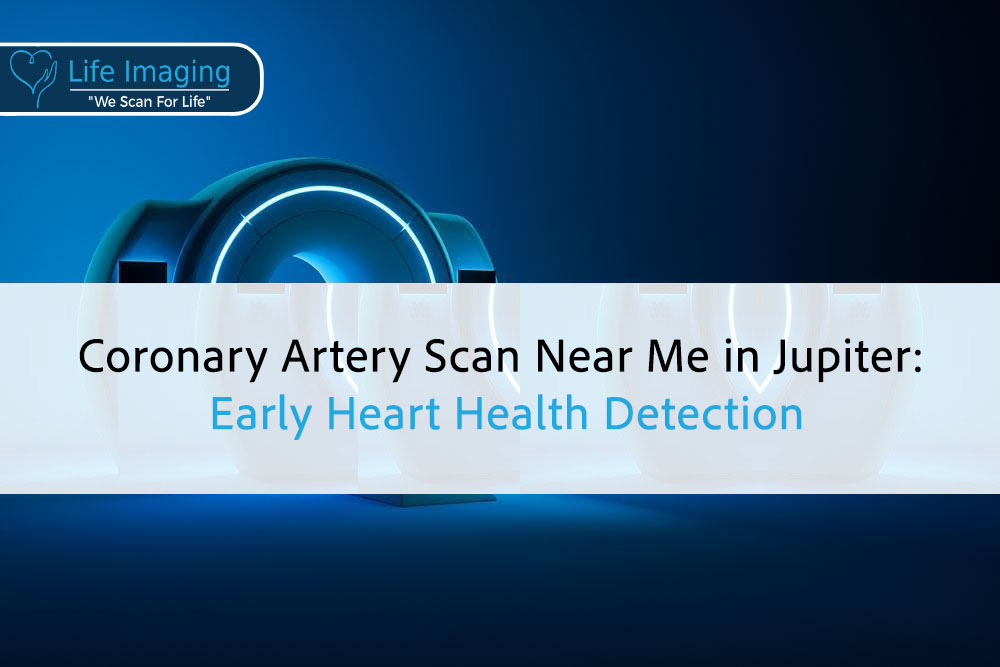
Introduction Your heart works hard every second of the day,
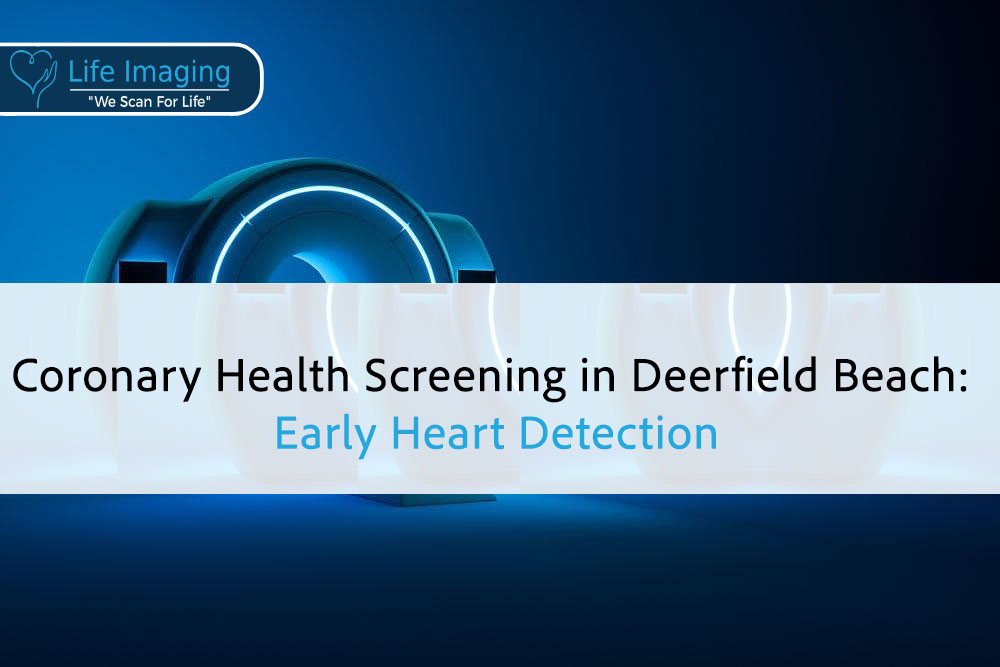
Introduction Your heart works around the clock, but changes inside
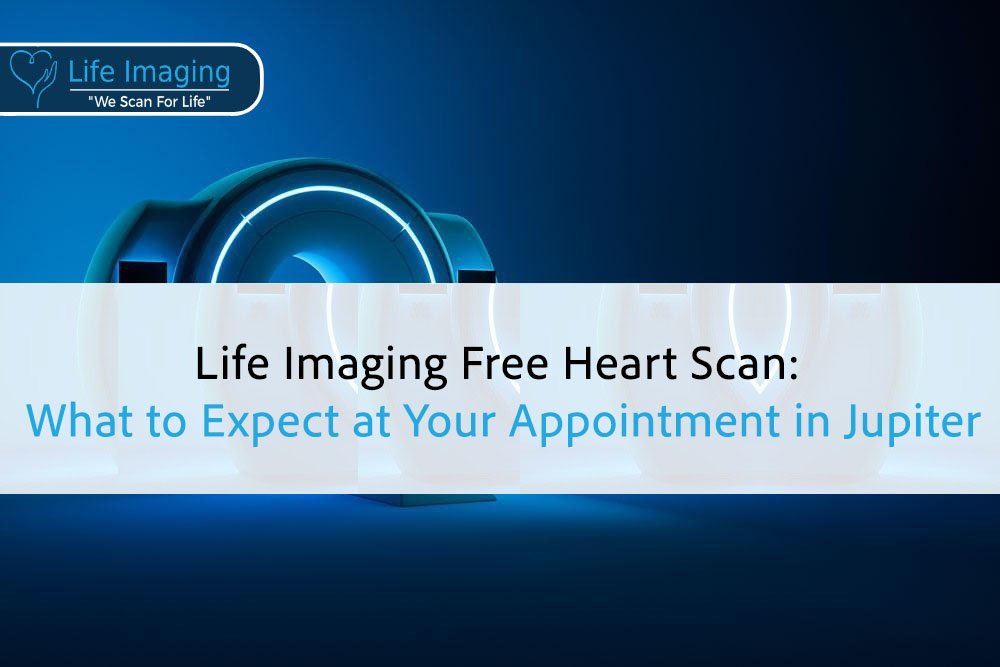
Introduction Your heart works nonstop, often without a single complaint.
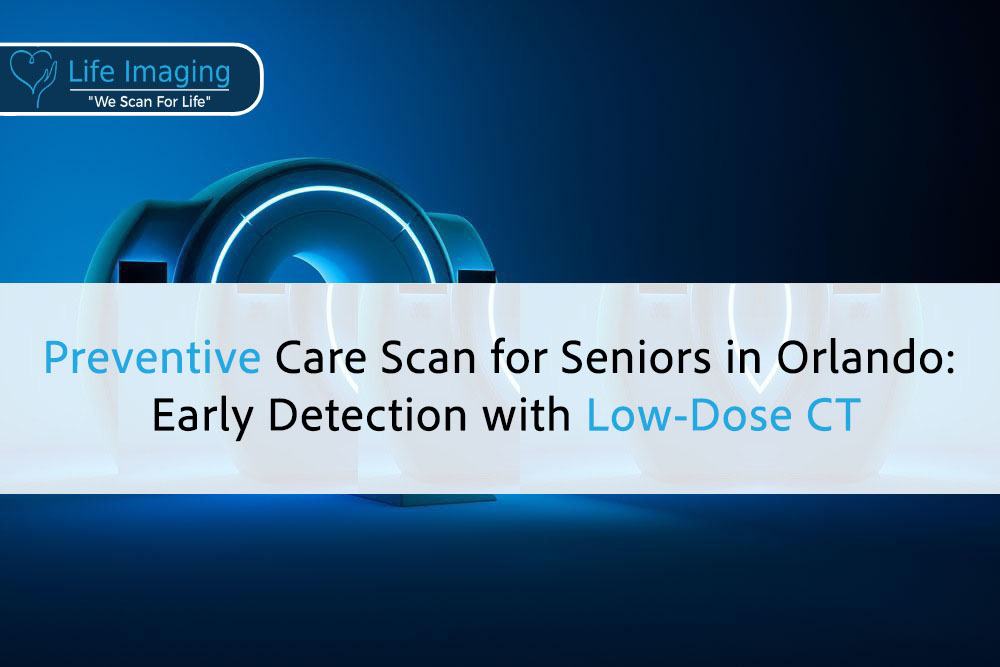
Introduction The best part of getting older is having time
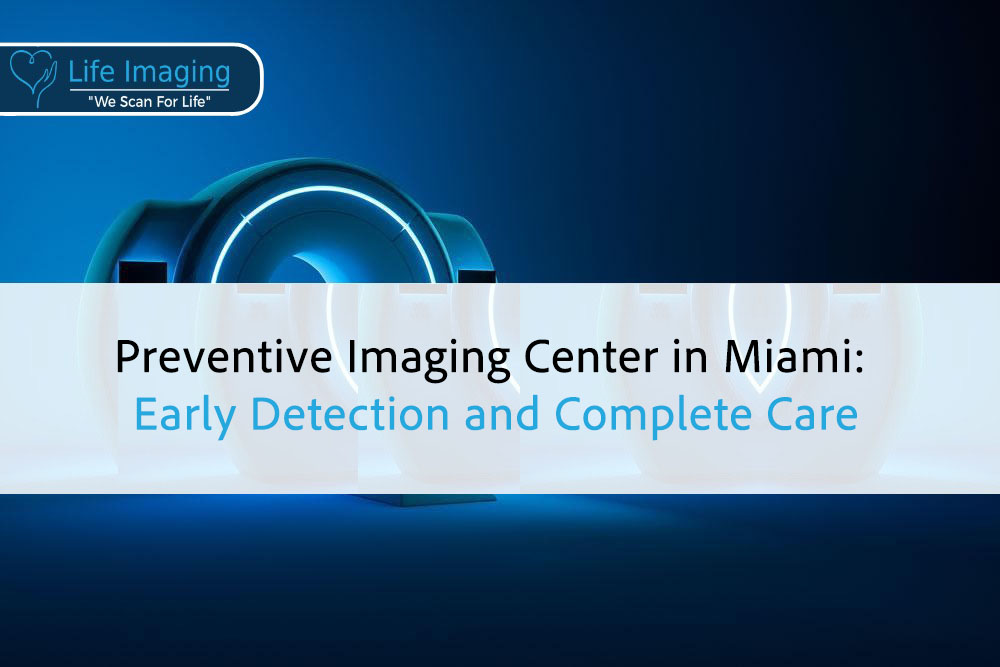
Introduction Good health isn’t just about treating problems, it’s about

* Get your free heart scan by confirming a few minimum requirements.
Our team will verify that you qualify before your scan is booked.
Copyright © 2025 Life Imaging – All Rights Reserved